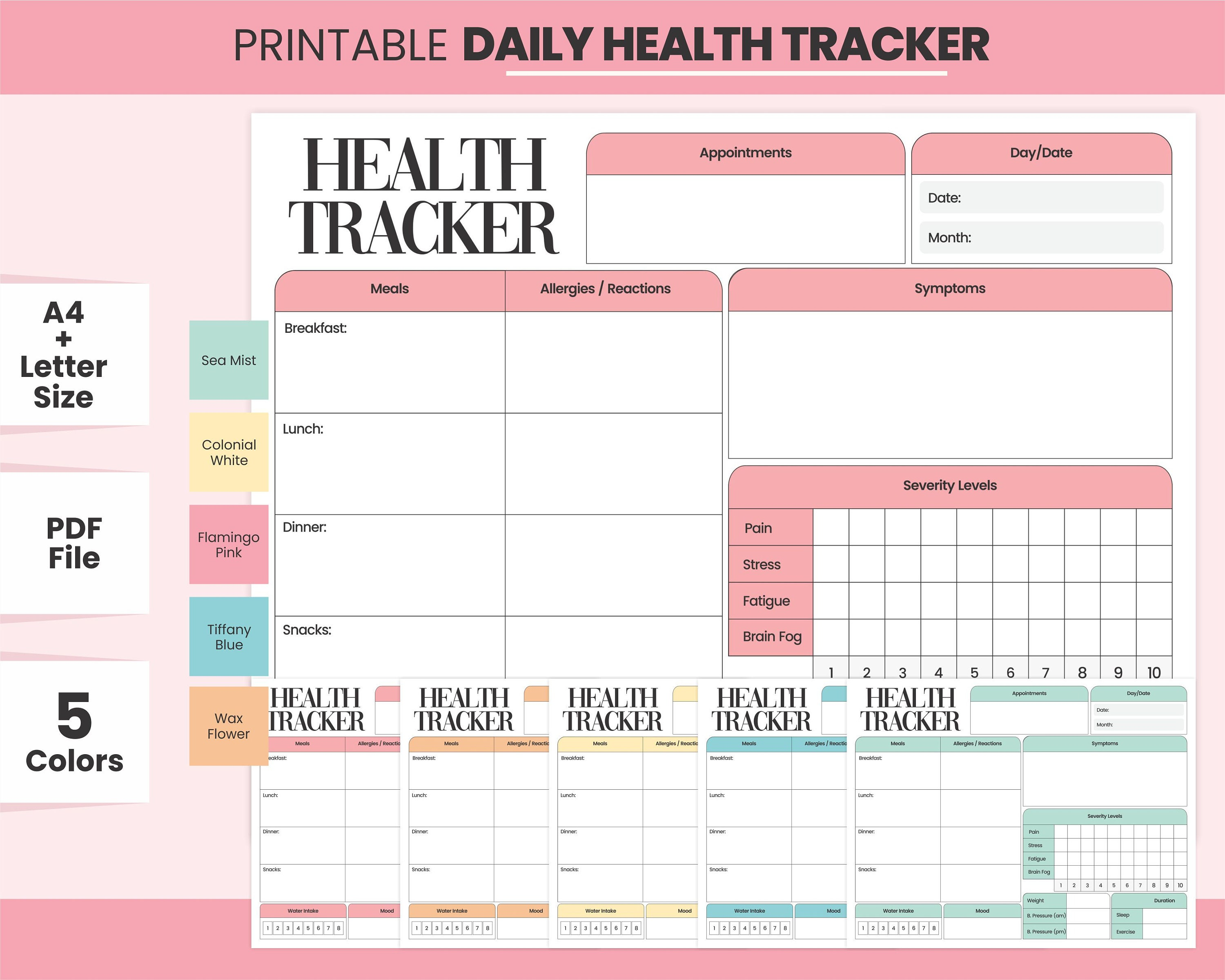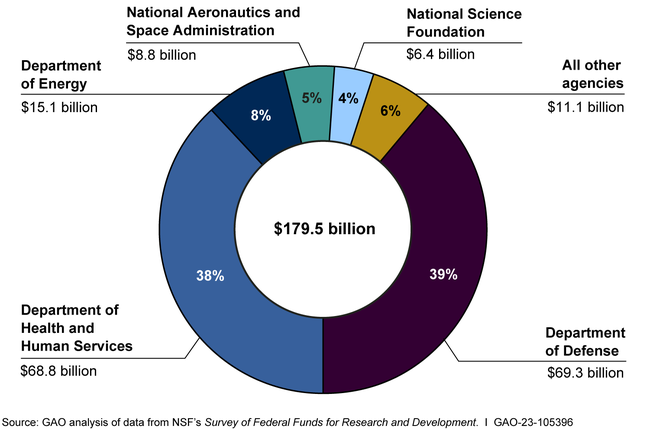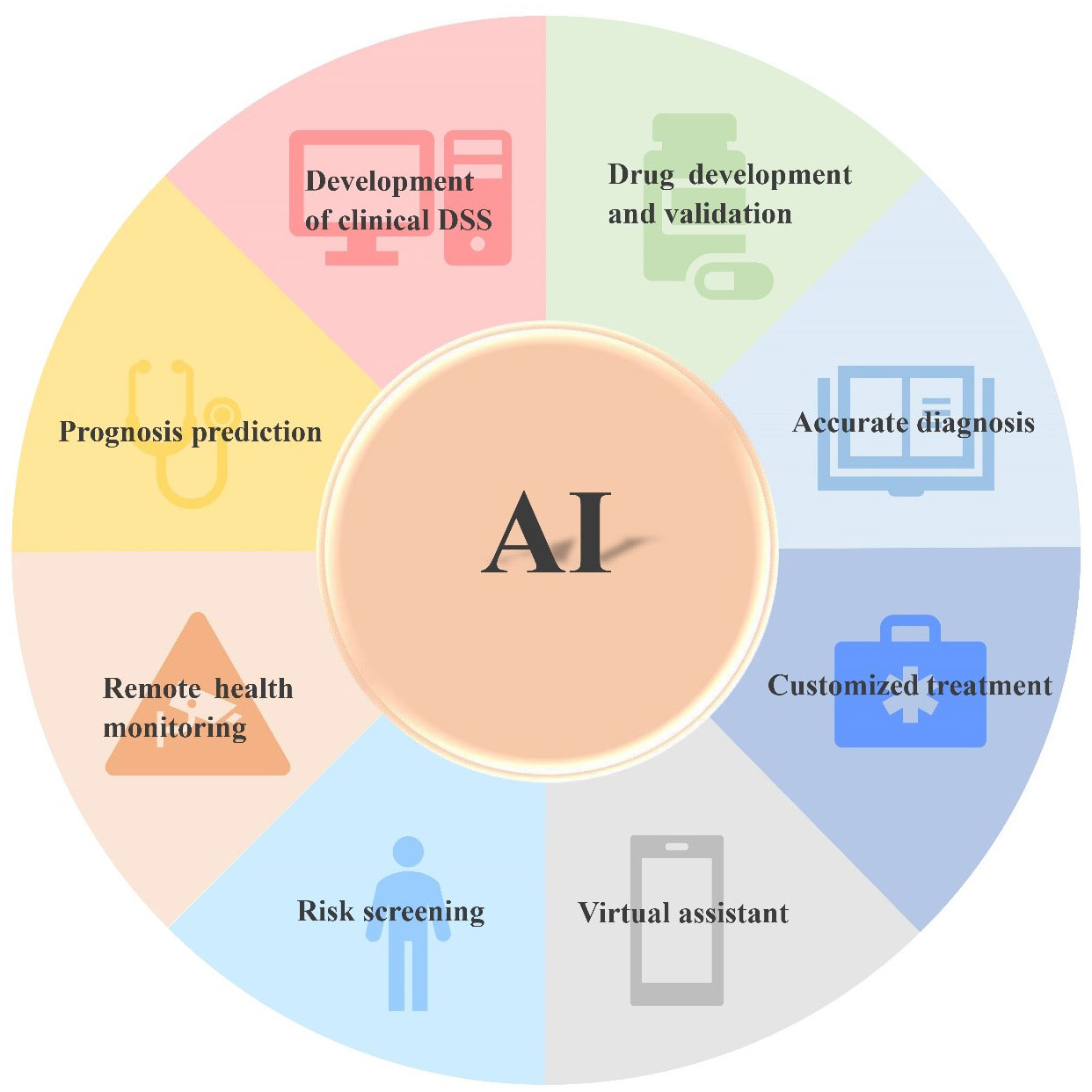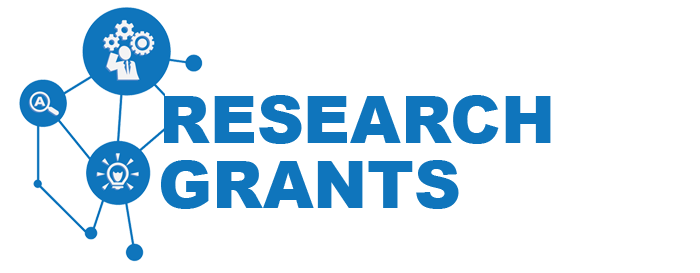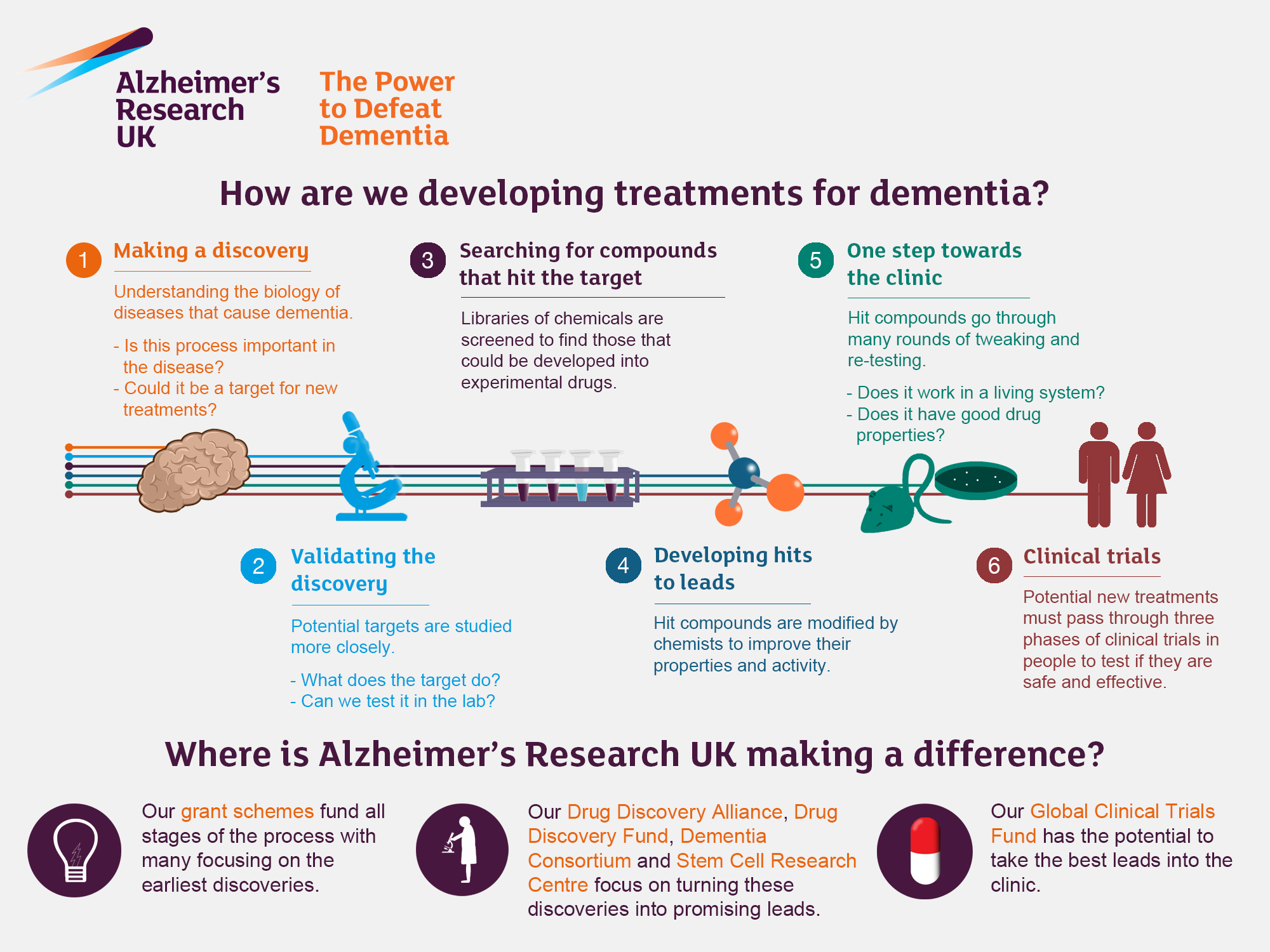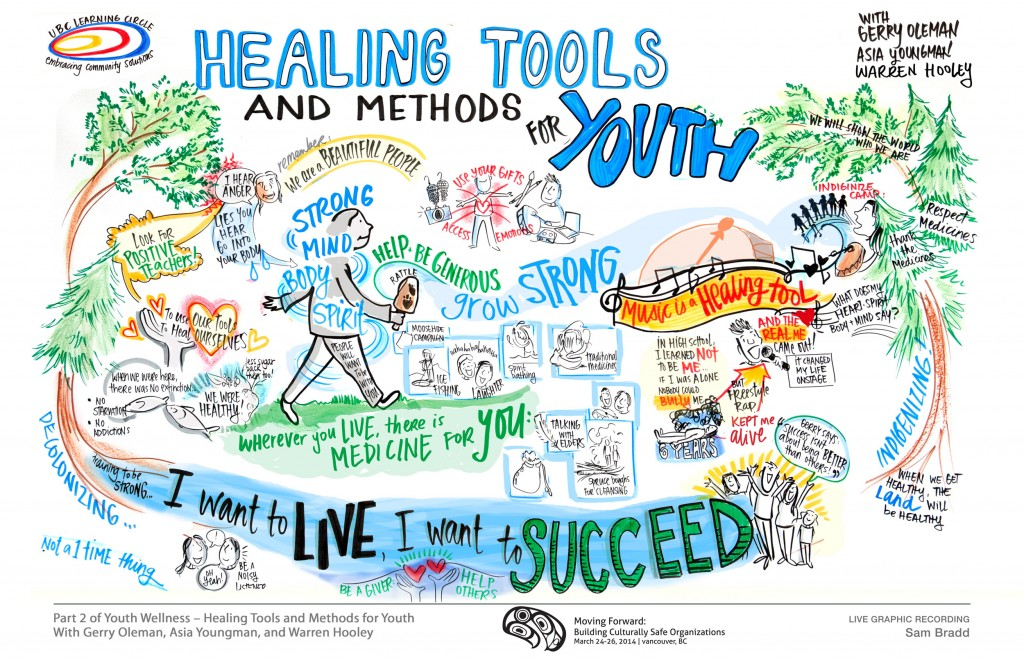Health tracking has emerged as a vital tool in understanding the intricate relationship between our brains and the formation of memories.Recent advancements in neuroscience breakthroughs have opened new avenues for research, allowing experts to dive deeper into the mechanisms of learning formation and how they relate to common memory disorders like dementia.
Health Tracking: How Learning and Memories Are Formed
Health tracking has emerged as an invaluable tool in understanding the intricate processes of how learning and memory are formed in the human brain.Recent research highlights the molecular foundations of these cognitive functions, suggesting new pathways for treating neurological disorders like dementia.
Microglial Research: Advancements in Alzheimer’s Understanding
Microglial research is paving the way for revolutionary insights into neurodegenerative diseases, particularly Alzheimer’s disease.These unique brain cells, known as microglia, play a critical role in maintaining neural health by removing damaged cells and regulating synaptic pruning — the process through which synapses form and degenerate.
Pediatric Cancer Recurrence Prediction: AI Outperforms Traditional Methods
Pediatric cancer recurrence prediction is a critical advancement in the management of childhood cancers, particularly gliomas.With the innovative use of AI in pediatric oncology, researchers are now able to analyze vast arrays of MRI imaging for cancer with unprecedented accuracy.
Federal Grant Research: Securing Funding for Health Advances
Federal grant research plays a vital role in advancing knowledge and innovation in the public health sector.For researchers like Karen Emmons, securing federal grants means being able to implement strategies aimed at reducing cancer risk and improving community health outcomes.
AI in Pediatric Cancer Monitoring: A New Way to Predict Risk
AI in pediatric cancer monitoring is transforming how we detect and manage the risks associated with recurrence, particularly in brain tumors like gliomas.A recent study illustrated how an innovative AI tool surpassed traditional methods in accurately predicting cancer relapse risk among young patients.
AI Predicting Brain Cancer Relapse in Children Effectively
AI predicting brain cancer relapse represents a significant advancement in the fight against pediatric gliomas, targeting the future of cancer recurrence prediction with unprecedented accuracy.Recent studies indicate that an innovative AI tool, designed to analyze multiple brain scans over time, outperforms traditional methods in identifying relapse risks among young patients.
Research Grant Challenges: Navigating Funding in Health
Research grant challenges loom large for scientists seeking to advance health initiatives and drive innovative discoveries.Navigating the intricate landscape of federal research grants can feel like an uphill battle, especially in light of recent funding freezes that threaten critical studies.
Alzheimer’s Research: Transformative Work by Beth Stevens
Alzheimer’s research is at the forefront of understanding and combating one of the most pressing neurodegenerative diseases affecting millions worldwide.Scientists like Beth Stevens are revolutionizing our comprehension of how microglial cells function within the brain’s immune system, revealing their critical role in maintaining neurological health.
Youth Well-Being: Money Isn’t Everything According to Study
Youth well-being has emerged as a crucial topic in today’s society, as evidenced by a major global study highlighting significant concerns surrounding mental health among young people.The research indicates that well-being among youth is often underestimated, particularly in wealthier nations where financial security does not automatically equate to a flourishing life.

